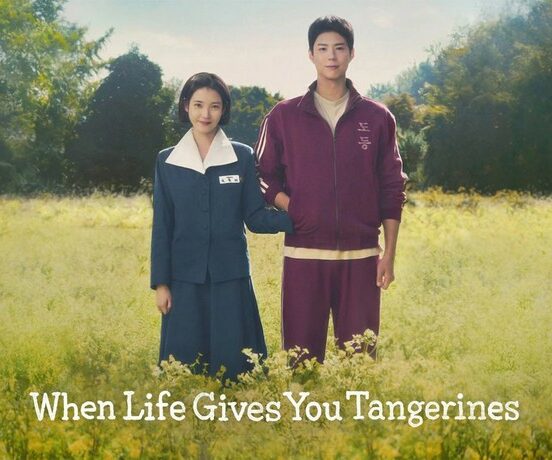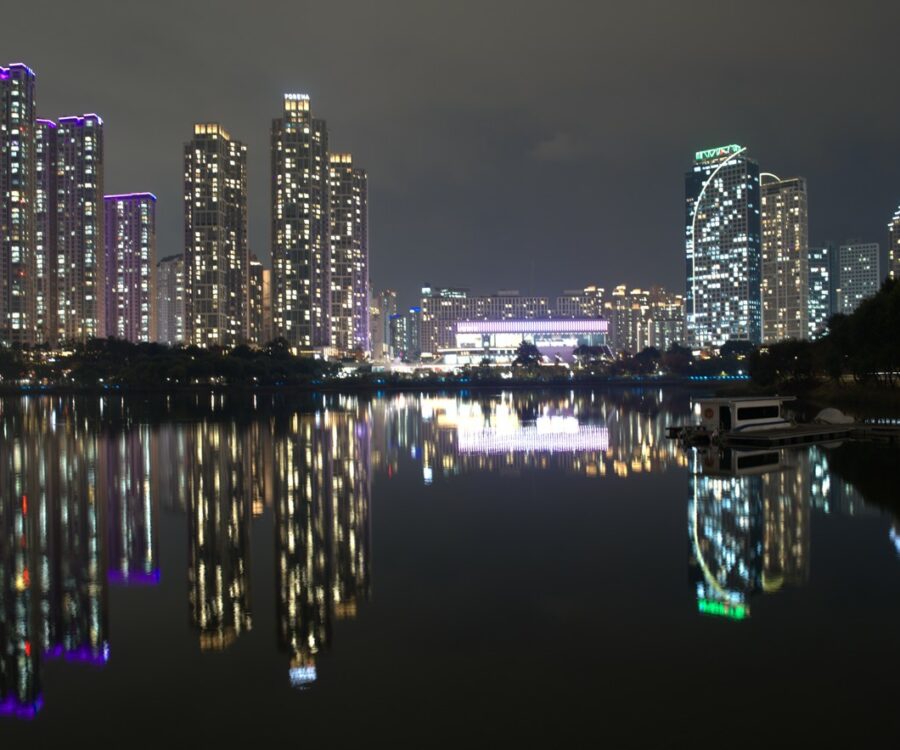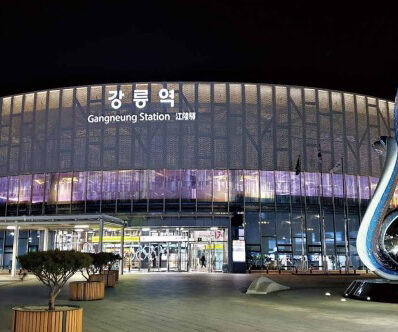“The Glory (더 글로리)” has become one of the most popular shows in South Korea and possibly around the world. According to Netflix’s Global Top 10, Season 1 of The Glory ranked first for a week in the “Global Non-English TV Show Top 10”. Furthermore, Season 2 ranked first on the “Top TV Shows on Netflix” just three days after its release, according to FlixPatrol.
The show has brought the phenomenal influence on society, particularly in South Korea where the past of those who committed school violence among idols, singers, actors, and YouTubers has been exposed through the media, resulting in a lot of criticism. In addition, in Thailand, the hashtag ‘#The Glory Thai’ is trending, with people sharing their past experiences of school violence they endured on social media.
Furthermore, the most brutal violent scene in “The Glory,” the hair straightener scene, was based on a real-life incident, and the perpetrators are living well without any major consequences. Park Sung-min, a victim who appeared on a South Korean TV show, was encouraged to speak out about her past experience of being a victim of violence after feeling that the drama reflected her story.
The real victim interview
In the early 2000s, the themes of Korean dramas were love stories like “Autumn in My Heart” (2000), “Winter Sonata” (2002), and overcoming adversity stories like “Dae Jang Geum” (2003).
However, since 2018, revenge dramas such as “The World of the Married,” “Penthouse,” “Itaewon Class,” “Reborn Rich,” and “The Glory” have achieved the highest ratings.


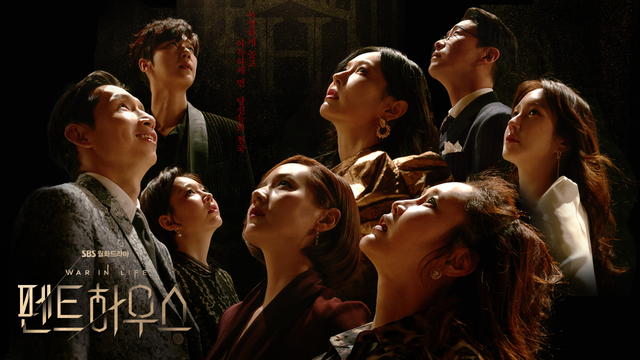
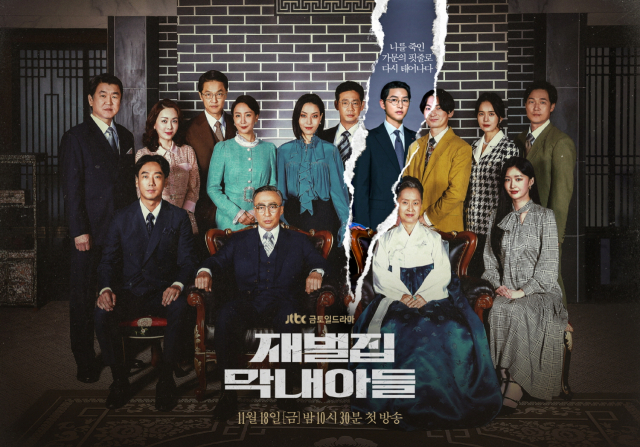
Let’s discover why is this happening.
Why is Revenge Theme so Popular in South Korean Dramas?
The social divide in South Korea
Korean revenge dramas often explore deeper societal issues such as corruption, class inequality, and abuse of power, which can make them socially relevant and meaningful to viewers. The portrayal of the social gap between different social classes in the show is closely connected to the broader issue of social inequality in Korea. “The Glory” effectively depicts the two contrasting layers of society through the stark differences between the lower-class main heroine Dong-eun and the upper-class antagonist Yeon-jin, highlighting the societal issues surrounding class and wealth in Korea.

The victim of school violence does not receive protection from the school of authorities, while the perpetrators go unpunished due to their wealth. This reflects concerns and discontent about the power abuse and the stagnation of social classes in Korean society.


Korean society has historically been divided into distinct social classes, with the most significant class divide being between the upper and lower classes. This divide has been reinforced by traditional Confucian values and the influence of the dynastic aristocracy.
In contemporary Korean society, the class system has evolved to include a more complex set of social distinctions that take into account education, occupation, income, and other factors. Nevertheless, class status still plays a significant role in determining an individual’s social position and opportunities. We can see a clear distinction between the classes in the global hit “Parasite (2019)”, a Korean movie that just like “The Glory” covers the topic of social inequality.

Korean drama critic Shin Joo-Jin conducted a study (Study of transition mechanism of ‘revenge affect’ : based on Korean TV ‘revenge drama’ series after 2000, 2018) on cultural consumption in Korea and found that social class heavily influences it. The study revealed that the sense of victimization, which is the feeling of being unfairly treated, has spread throughout Korean society due to anxiety about employment and the widening wealth gap since the Korean Financial Crisis in 1997. This sense of victimization has led to the popularity of revenge dramas, as they serve as an outlet for letting out negative emotions related to feeling victimized in an extremely competitive society. But how exactly does this work psychologically?
Psychological factor
Apart from the class conflict caused by social divide in South Korea, revenge stories have always been a popular topic, whether in the past or present, because they provide a sense of vicarious satisfaction through empathy. For many Koreans in a high-competitive culture, watching a revenge drama reminds them of similar experiences they may have had in the past and allows them to feel a sense of catharsis by seeing someone who was once successful fall from grace due to revenge.
In other words, even if they may feel the urge for revenge in real-life situations such as at work or in personal relationships, they may not be able to act on it, so they turn to revenge dramas to experience that sense of vicarious satisfaction. As a result, many people watch revenge dramas to satisfy their need for catharsis.
Conclusion
To conclude, revenge dramas have become a popular theme in Korean entertainment in the last decade, gaining global recognition. Though the concept of revenge is not new to Korean dramas, the recent surge in popularity can be credited to various factors such as social issues of inequality within Korean society and the sense of emotional release or catharsis that viewers experience while watching these dramas.
What direction the Korean drama industry will take in the future and how this trend may evolve over time? While the popularity of revenge dramas may be a reflection of current societal issues, it remains to be seen how long this trend will continue and whether other themes and genres will emerge as more pressing concerns come to the forefront of Korean culture.
You may find this interesting: Physical 100: what makes the show so popular in Korea and beyond?

